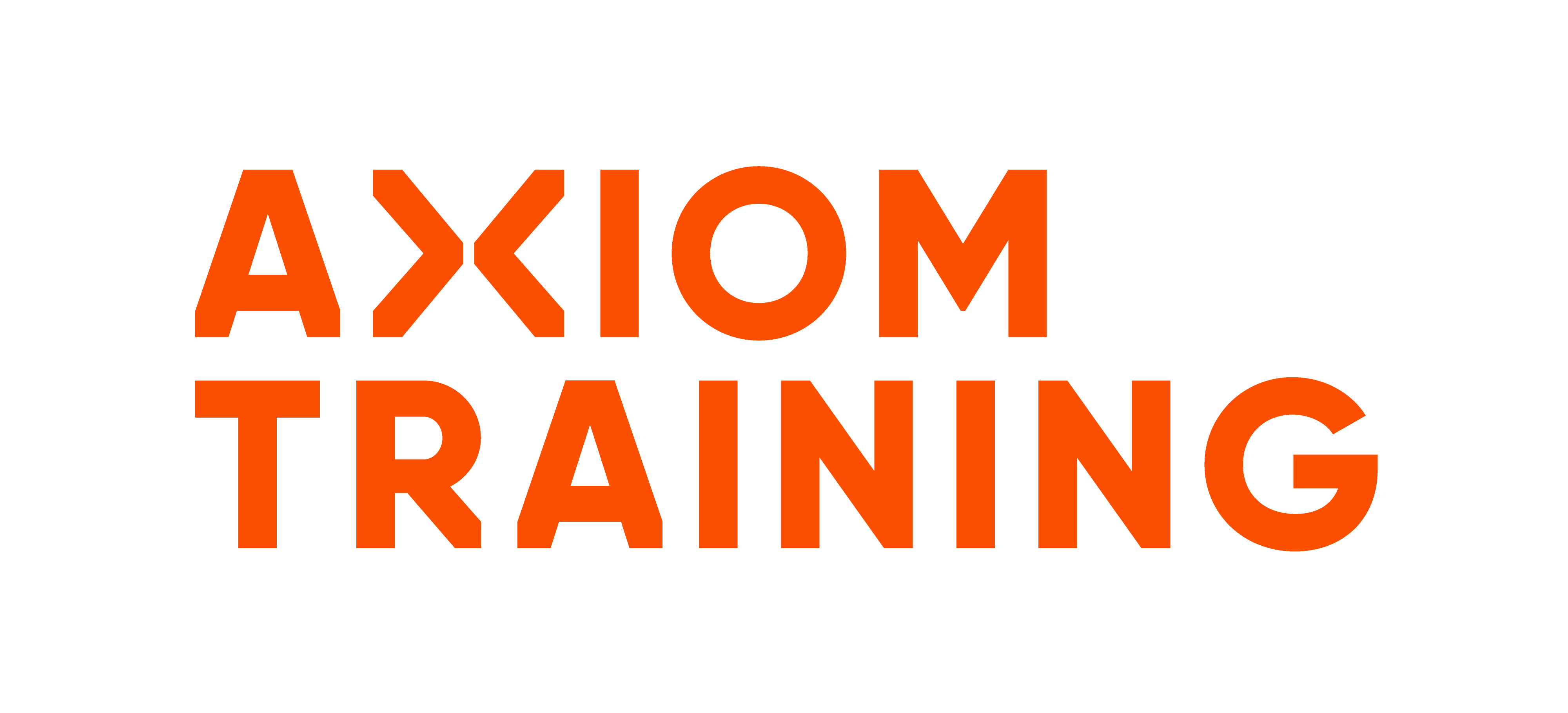White Paper: Safeguarding Workers, Employer's Role in Forklift Operations
Forklift Safety White Paper
Forklifts play a crucial role in many industrial and warehouse operations, facilitating the efficient movement of goods and materials. However, their operation comes with inherent risks that can lead to serious accidents and injuries if safety standards are not meticulously maintained.
Incident Overview
In September 2022, a serious incident occurred due to a forklift brake failure at a workplace, resulting in significant harm to a worker. This incident, reported by WorkSafe New Zealand, highlights the dire consequences of inadequate maintenance practices.
A worker had been collecting rubbish with the forklift. They parked it and put the handbrake on, but when they got out it started to roll down the slope it was parked on. The worker tried to recover the forklift but it tipped onto him and caused serious injuries including a punctured lung and broken back.
According to WorkSafe’s findings, proper attention to vehicle maintenance could have prevented this incident and spared the worker from injury. The recent fine of $240,000 issued to the company serves as a poignant reminder of the legal and moral obligations businesses have in ensuring the safety of their employees and operational environments.
The Role of Employers
In New Zealand, under the Health and Safety at Work Act 2015 (HSWA), employers are designated as PCBUs and hold primary responsibility for ensuring the health and safety of workers and others affected by their work.
PCBU’s have a fundamental responsibility to maintain a safe working environment, which includes the proper upkeep and regular inspection of all machinery, especially forklifts. Neglecting maintenance not only jeopardises the safety of employees but also exposes the organisation to legal liabilities and financial penalties.
It is imperative that businesses using forklifts adhere to strict maintenance schedules recommended by manufacturers and regulatory bodies.
Specific Responsibilities Relating to Forklift Operations:
Risk Management:
PCBUs are required to identify hazards associated with forklift operations and assess the risks they pose. This involves implementing control measures to eliminate or minimize these risks. Regular risk assessments should be conducted, considering factors such as the layout of the workplace, traffic management, and the competence of forklift operators.
Maintenance and Inspection:
Employers must ensure that forklift machinery is regularly inspected, serviced, and maintained in accordance with manufacturers' recommendations and regulatory requirements. This includes checking components such as brakes, steering mechanisms, and safety features to prevent mechanical failures that could compromise safety.
Training and Competency:
PCBUs are responsible for ensuring that all forklift operators are adequately trained, competent, and licensed to operate the specific class of forklift used in the workplace.
Supervision and Monitoring:
Effective supervision is crucial to ensure that safe work practices are followed during forklift operations. Employers should monitor the performance of operators and promptly address any unsafe behaviors or deviations from established safety procedures.
Consultation and Participation:
PCBUs must actively engage with workers and their representatives regarding health and safety matters, including forklift operations. Workers should be consulted on risk assessments, proposed changes to work practices, and the selection of control measures to ensure their perspectives and knowledge are considered.
Operator Training and Competency
A critical aspect of forklift safety is the training and competency of operators. The operation of forklifts requires specific skills and knowledge to maneuver safely in diverse workplace environments. Training courses such as those offered by Safety 'n Action and Axiom Training, cover essential topics including hazard and risk management, forklift operation techniques and licensing, responsibilities of Persons Conducting a Business or Undertaking (PCBUs), and obligations of board and management personnel.
Effective training not only enhances the proficiency of operators but also cultivates a culture of safety within the organisation. Operators trained in safe forklift operation, hazard identification and risk assessment are better equipped to anticipate and mitigate potential dangers associated with forklift operations, thereby reducing the likelihood of accidents and injuries.
Compliance and Best Practices
To ensure compliance with safety regulations and best practices, employers should implement comprehensive safety management systems that incorporate regular maintenance checks, operator training, and ongoing hazard assessments. This proactive approach not only minimises risks but also fosters a safer and more productive workplace environment.
Conclusion
The incident involving the forklift brake failure underscores the critical importance of diligent maintenance practices and robust operator training in mitigating workplace hazards. Employers must prioritise safety by investing in regular maintenance of forklift machinery and providing adequate training to operators.
In conclusion, proactive measures in maintaining safety standards for forklift machinery are indispensable for creating a secure working environment. By adhering to rigorous maintenance protocols, investing in comprehensive training programs, and promoting a safety-conscious culture, employers can effectively mitigate risks associated with forklift operations and ensure the continued welfare of their employees.
References
WorkSafe New Zealand
Relevant legislation
View training solutions
-
Forklift Operator
Gain the knowledge and skills to safely operate a powered industrial lift truck. Unit standards covered: 10851
-
NEW & IMPROVED | Online Hazard and Risk Management
Effective hazard and risk management reduces the chance of harm occurring, resulting in a safer and more productive workplace for you and your team. Unit standards covered: 30265 and 497
-
NEW RELEASE | Online PCBU Health & Safety Responsibilities
Everyone has a role in workplace safety. Our Online PCBU Health and Safety Awareness course ensures that everyone in your organisation understands their responsibilities under the Health and Safety at Work Act, promoting a culture of safety and compliance.
-
Health and Safety Board & Management Seminar
Gain clarity and an in-depth understanding of the duties and responsibilities of the Board and Management teams in relation to the Health and Safety at Work Act




